Acne is one of the most common skin problems in Canada. It’s not only difficult to deal with, but it can also be embarrassing, too. It may be frustrating when your skin starts producing more oil or your pimples appear out of nowhere. Cannabis can help clear your acne because it contains a chemical called cannabidiol (CBD) that works to reduce excess oil production and unclog pores to cure your acne at its source. Although there are prescription medications that can help eliminate acne, too. When combined with an active lifestyle and a strict skin care regimen, however, cannabis can take your skincare game to the next level and give you clearer skin in no time. Read on to learn more about how cannabis can help clear your acne.
What is Acne?
Acne is a skin condition characterized by the presence of oily skin, blackheads, whiteheads, and pimples. It affects the face, back, and chest, but can also appear on the shoulders, neck, and back. Acne generally occurs during the teenage years, but can affect adults. It is more common in those who are genetically predisposed or who have certain lifestyle factors, such as poor diet, stress, excess oil production, bacterial imbalance, poor hygiene, or hormonal changes. Acne is caused by several factors, including hormonal changes, genetics, dirt, bacteria, and inflammatory factors. Certain medications, such as birth control pills or anti-inflammatory drugs, can also cause acne.
How Does Cannabis Clear Acne?
CBD oil has anti-inflammatory properties and can be used to treat acne because it reduces inflammation in the skin. THC, the ingredient in cannabis responsible for the “high”, has anti-inflammatory properties that can help eliminate acne-causing bacteria. Together, CBD and THC work synergistically with the endocannabinoid system in your body to prevent oil production and unclog your pores to help clear your acne at its source. There are many studies showing that CBD oil can prevent and even treat acne, especially acne caused by hormonal imbalances. The cannabinoids in CBD oil can even help treat acne scars and reduce fine lines and wrinkles.
What Type of Cannabis Should You Use?
There are many strains of cannabis that can help clear your acne. For best results, look for a cannabis strain with high levels of CBD oil and low levels of THC. If you’re not sure, just look up the THC/CBD ratio of the strain and use the one with the highest ratio to clear your acne.
Benefits of Using Cannabis
- Aids In Healing Acne: While CBD oil has anti-inflammatory properties, it can also aid in the healing process by reducing redness and swelling caused by acne.
- Alleviates Acne Scars: Cannabis is a powerful anti-inflammatory that can treat acne scars. This is because it reduces the inflammation in your skin, which makes the scars less noticeable.
- Prevents Recurrence of Acne: There are many cases where acne clears up after puberty, but continues to reappear in adulthood. Research suggests that using CBD oil regularly can prevent acne from recurring in adulthood.
- Improves Skin Elasticity: Because it reduces excess oil in the skin, CBD oil also helps improve your skin’s elasticity, making it appear smoother and younger.
Summary
Cannabis has been used for thousands of years for a variety of purposes, including for therapeutic purposes. Today, it’s being used for skincare benefits, too. CBD oil has been shown to treat acne due to its anti-inflammatory properties. It can also help prevent future outbreaks by reducing inflammation in your skin. If you want to try using cannabis to clear your acne, make sure you’re using a strain with a high CBD/THC ratio. There are many strains of cannabis available, each with their own unique effects. We recommend trying different strains with different CBD/THC ratios until you find the one that works best for you. Visit Bulkweedinbox.cc online dispensary for all your cannabis needs.
Reference
Medical News Today – CBD for Acne: Does it work? (march 13, 2019) – https://www.medicalnewstoday.com/articles/324689
National Library of Medicine – Cannabinoids In Dermatology (Jun 15,2018) – https://pubmed.ncbi.nlm.nih.gov/30142706/

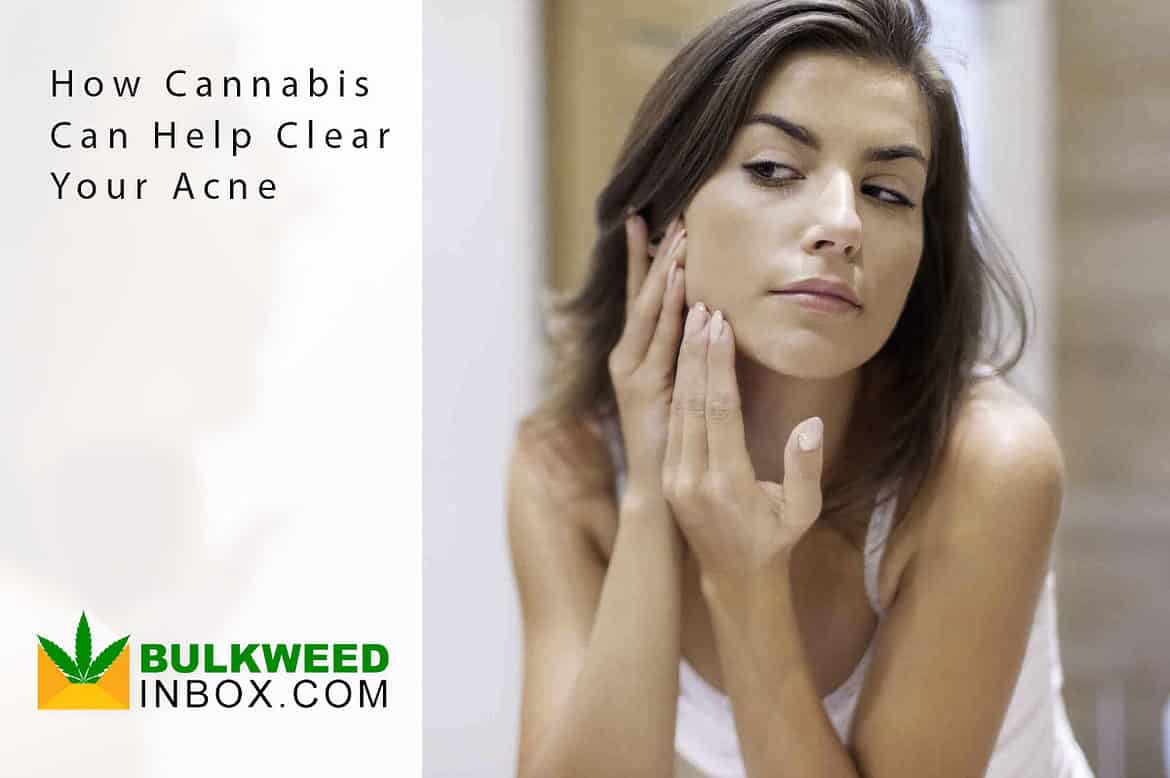
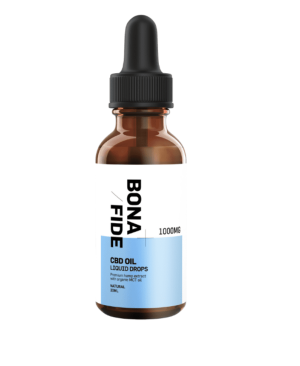
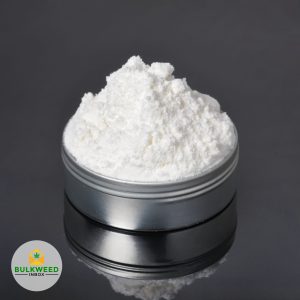
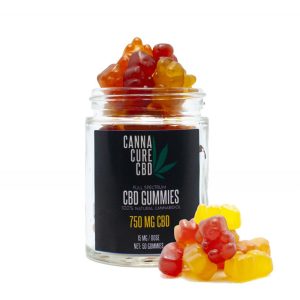
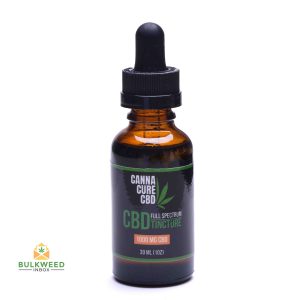
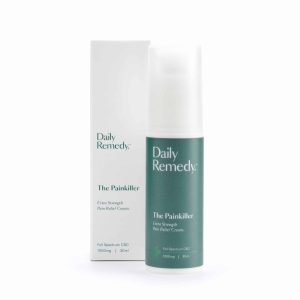
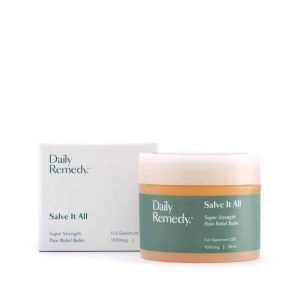
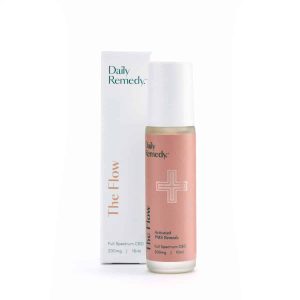
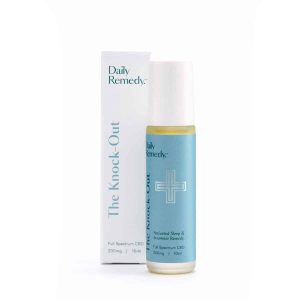
Leave a comment